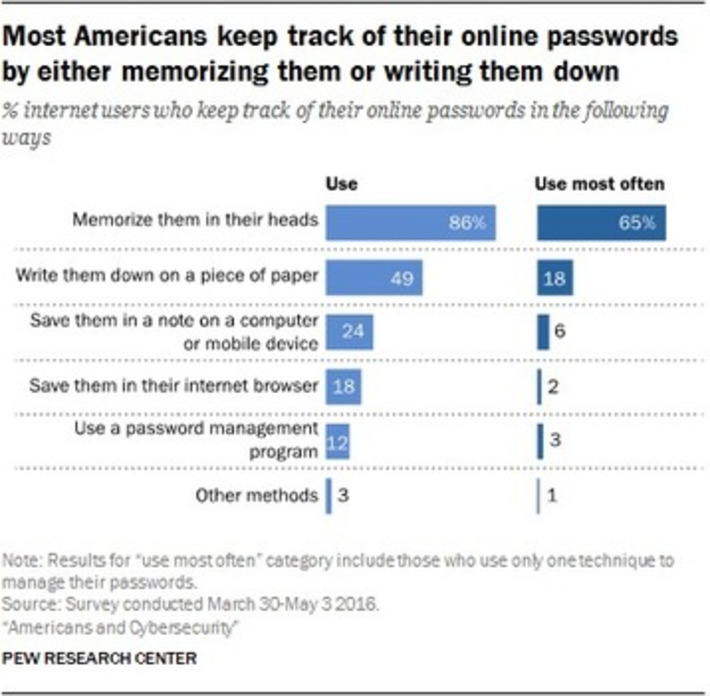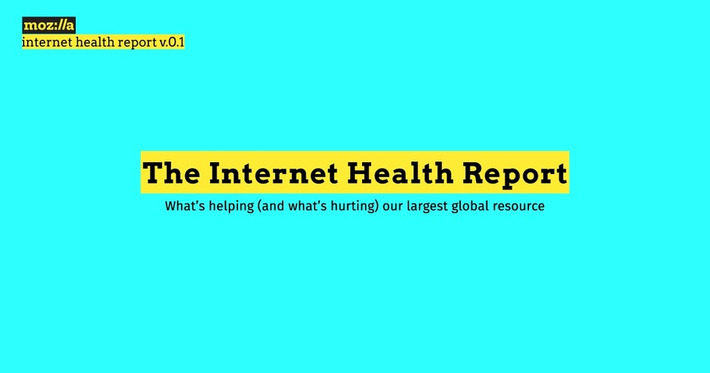- Railway police have begun using facial-recognition eyewear to catch criminals.
- In tests the glasses identified faces within 100 milliseconds.
- Seven people have been arrested for a range of previous crimes, and another 26 were banned from travel.
- China has been ramping up its use of facial-recognition technology as it moves toward a nationwide database that can recognize any citizen within three seconds.

|
Scooped by Farid Mheir |
WHY IT MATTERS: face recognition using AI has been around for a few years. It used to require large computers in the cloud. Not anymore. This changes everything.
1) privacy: it will become more and more difficult to protect your privacy in the future. I have written about this before, specifically when the Google glasses came out 3 years ago. It is a concept that is interpreted differently in countries and cultures - such as China vs USA.
2) China: is investing heavily to win the AI war with the US. So we should expect every product - from glasses to door bells to cell phones to cars - to have face recognition built into the device in the very near future. At the CES2018 show, I saw a number of companies that offer face recognition chips ready to be embedded at low price into any consumer device. So it *will* happen. More on China in a later post...
3) protection: people will naturally want to protect themselves. We should start to see face masks that are designed to fool face recognition hardware as has been shown to be possible recently.
More reading:
- google glasses face recognition: http://fmcs.digital/blog/kodak-cameras-banned-in-the-1880s-over-loss-of/
- CES security cameras: http://plus.lapresse.ca/screens/9ee3fba2-dd87-42c4-ae7c-b2478b752ec3%7C_0.html (in french)
- fooling face recognition: https://motherboard.vice.com/en_us/article/ne43pz/ai-fooling-glasses-could-be-good-enough-to-trick-facial-recognition-at-airports



 Your new post is loading...
Your new post is loading...














Unitron Hearing Aids Minneapolis